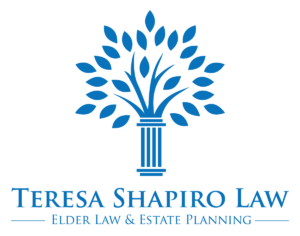Q. What is the difference between Medicaid and Medicare?
A. Medicaid is a program for medical-care coverage to the indigent. Eligibility for Medicaid is determined based upon the assets and income of the applicant and applicant’s spouse. In Texas,
HHSC provides long-term care benefits to those who qualify both medically and financially in accordance with state and federal criteria.
Medicare is an entitlement program based on whether a worker or their spouse paid adequately into the system during their lifetime. Medicare generally covers hospitalization, durable medical equipment, hospice, and doctor’s visits.
Q. Does Medicare cover nursing home care?
A. Medicare generally will only pay for a total of 100 days during your lifetime.
Q. Will the state take all my money because my spouse needs nursing home care?
A. There are certain assets that are exempt from Medicaid such as your home, one vehicle, life insurance and certain burial policies. We can assist you and your family to qualify for Medicaid and still preserve your assets.
Q. Do I need a Last Will?
A. Everyone should have a Will as part of their estate plan. A Will provides for distribution of property that is not already automatically conveyed upon death (like assets that are jointly titled or beneficiary designated.)
Q. What is probate?
A. Probate is necessary in Texas when a decedent dies with an interest in real property, has bank accounts, and/or owes debt.
Non-probate assets (assets not controlled by a Will) are:
1. Jointly titled property;
2. Life insurance, pension, IRA’s with beneficiary designations
3. Payable on Death or Title on death (TODA) designation; and/or
4. Trust assets
Q. What are the advantages of a Trust?
A. All assets owned by the trust avoid probate. A living trust allows for the nomination of a successor trustee to act as trustee and manage the trust assets if the initial trustee becomes incapacitated. Another advantage is that trust property receives a step up in basis at time of death.
Q. What is a Living Will?
A. A Living Will (also known as an Advanced Directive) is a written statement used to give direction about life support if the person becomes terminally ill or comatose or lapses into a persistent vegetative state.
Q. Why is having a financial power of attorney important?
A. A financial power of attorney designates someone trusted, usually a family member, to assist you with your finances if you are incapacitated without having to go to court to get someone appointed.
